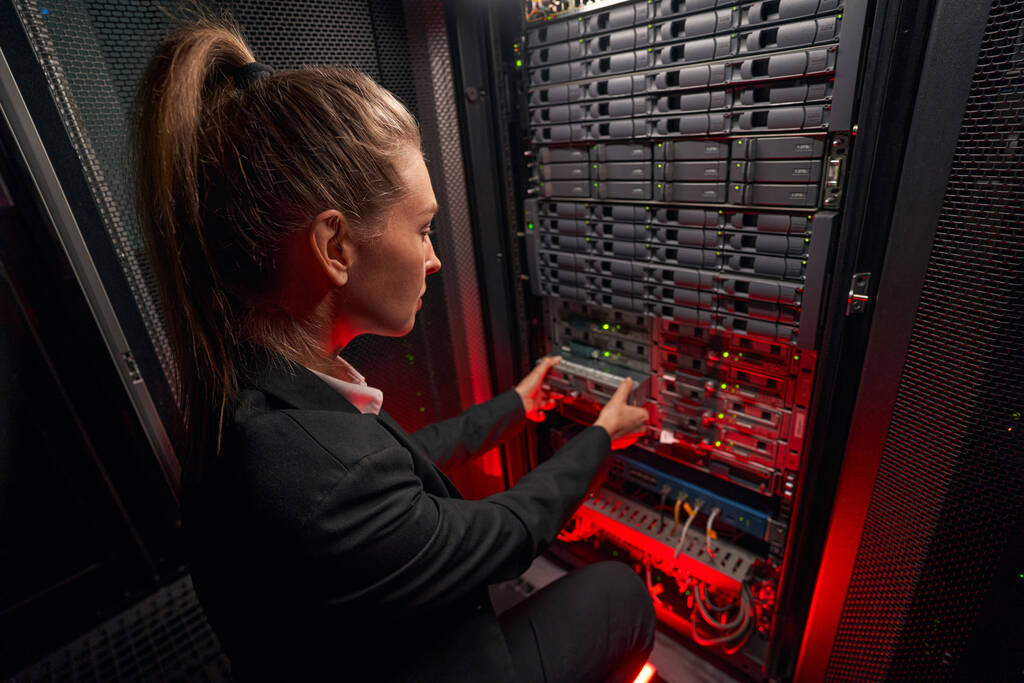When gamers talk about performance, they often mean speed, low lag, and no crashes during gameplay. But none of that is possible without a strong server behind the game. Whether it’s a multiplayer shooter, a survival sandbox, or a racing game, the quality of the server directly affects how smooth the gaming experience will be.
Many players think it’s the game’s fault when it lags or disconnects, but the real issue is often the server. So, if you’re a developer or a private gamer setting up your own server (like for Minecraft or CS2), you need to understand what makes a gaming server good.
What Gamers Expect From a Server
Here are the things that matter most to players:
- Low Ping: A fast response time, ideally under 50ms
- Stable Uptime: The server should stay online with no sudden crashes
- Good Hardware: Fast CPU, enough RAM, and SSD storage
- Global Access: If players are worldwide, the server needs to support that
- Mod and Plugin Support: For custom gameplay, especially in Minecraft or ARK
- Easy Control Panel: So they can make changes without needing technical help
Best Server Types for Gamers
| Server Type | Best For | Setup Difficulty | Cost |
|---|---|---|---|
| Shared Hosting | Very small private servers (2–4 players) | Very Easy | Low ($5–10) |
| VPS | Medium-sized private gaming sessions | Moderate | Medium ($15–40) |
| Dedicated Server | Competitive games or large groups | Hard | High ($60+) |
| Cloud Hosting | Flexible scaling, global traffic | Moderate to Hard | Variable (depends on use) |
Real-World Use Cases
- Minecraft Community Server
- Needs fast CPU and at least 8GB RAM
- Plugins like WorldEdit, EssentialsX
- Best on VPS or Dedicated server
- Global players? Use cloud hosting with data centers in multiple regions
- Counter-Strike 2 Competitive Server
- Requires very low latency
- Tickrate 128 server for smoother aim and movement
- Best on Dedicated servers located near the player base
- ARK Survival Evolved Modded Server
- Needs high RAM due to mods
- Needs reliable mod loader support
- Best on Cloud hosting or Dedicated with full control
Checklist Before Renting a Gaming Server
Before buying or renting a server, check these:
- Is the server location close to your player base?
- Is the CPU modern (e.g., Ryzen 7, Intel i7 or better)?
- Does it use SSD or NVMe storage?
- How much RAM is included (at least 8GB for modern games)?
- Is DDoS protection included?
- Are backups automatic?
- Is the control panel user-friendly?
Trusted Hosting Providers Used by Gamers
| Provider | Strengths | Weaknesses |
|---|---|---|
| GTXGaming | Great for game-specific servers | Pricier than basic hosts |
| HostHavoc | Easy setup, good support | Limited global server locations |
| OVH | Good for custom setups | More technical setup |
| Amazon GameLift | Powerful for large games | Expensive for beginners |
| Linode | Budget cloud VPS | Limited game server tools |
| ScalaCube | Plug-and-play for Minecraft, ARK | Less flexible for custom engines |
Expert Insight
“Most people focus too much on RAM. While it’s important, the CPU and location matter more for smooth gameplay. We upgraded our RAM, but it was the switch to SSD and closer regions that fixed lag issues for our players.”
– Umar Nadeem, Game Server Admin for a Pakistani eSports team
Common Mistakes Gamers Make When Picking Servers
- Choosing based only on price
- Ignoring server location
- Not checking for mod/plugin support
- Forgetting to enable backups
- Using HDD instead of SSD
Final Advice
The best gaming server depends on what kind of game you want to host and who will play it. If it’s just for you and a few friends, a VPS is fine. If you’re running a public server for hundreds of players, then a dedicated or cloud server is a better option. Always test the server for speed and uptime before paying for long-term plans.
Would you like me to continue with the next section (e.g., “How to Benchmark Your Game Server Performance” or “Top Configurations for Different Game Engines”) to expand the word count?




